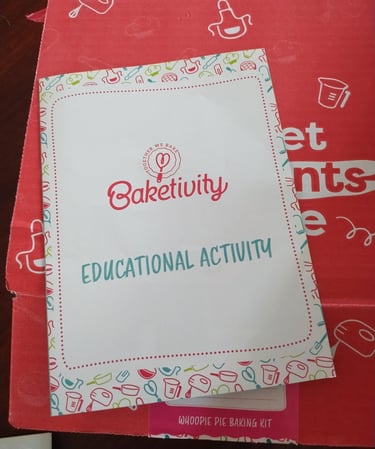8 Reasons Why I Don't Plan My Homeschool Year
Discover the top 8 reasons why planning a homeschool year for special needs children, including those with Autism, ADHD, and other neurodivergent conditions, may not be the best approach. Embrace flexibility and personalized learning for your unique child.
1. I Homeschool Special Needs Children
The primary reason I don’t plan my homeschool year is that I am homeschooling children with special needs. Each child is unique, especially those with Autism, ADHD, and other neurodivergent conditions. Their learning styles, interests, and needs can vary significantly, making rigid planning less effective. Instead, I focus on adapting to their individual requirements as they arise.
2. Flexibility is Key
Children with special needs often thrive in flexible environments. Rigid schedules can lead to stress and frustration. By not planning my year in advance, I can adjust our learning activities based on my children's moods, interests, and energy levels. This flexibility allows for a more enjoyable and productive learning experience.
3. Emphasis on Child-Led Learning
I believe in the power of child-led learning, especially for neurodivergent children. When I don’t plan my homeschool year, I can follow my children's interests and passions. This approach fosters engagement and motivation, allowing them to explore subjects deeply rather than superficially.
4. Responding to Daily Needs
Homeschooling special needs children often requires a responsive approach. Some days may be more challenging than others due to sensory overload, emotional fluctuations, or other factors. By not adhering to a strict plan, I can prioritize my children's immediate needs, ensuring they receive the support they require when they need it.
5. Encouraging Natural Learning Opportunities
Learning doesn’t only happen in a structured environment. By allowing for spontaneity, I can seize natural learning opportunities that arise in everyday life. Whether it’s a trip to the grocery store or a walk in the park, these moments can provide valuable lessons that are often more impactful than traditional curriculum-based learning.
6. Building Life Skills
For children with special needs, developing life skills is just as important as academic learning. By not planning my homeschool year, I can focus on teaching practical skills like cooking, budgeting, and social interactions. These skills are essential for their independence and can be integrated into our daily routines.
7. Reducing Pressure and Anxiety
Planning a homeschool year can create pressure for both the parent and the child. For children with Autism and ADHD, this pressure can lead to anxiety and resistance to learning. By adopting a more relaxed approach, I can create a calm and supportive environment that encourages exploration without the fear of falling behind.
8. Fostering a Love for Learning
Ultimately, my goal is to foster a love for learning in my children. By not planning my homeschool year, I can create a nurturing atmosphere where curiosity is encouraged, and learning is seen as a joyful experience. This approach helps my children develop a lifelong passion for knowledge, which is invaluable for their future.




T.Grantman/Schooling Sparrows is a participant in the Amazon LLC Associates Program, an affiliate advertising program designed to provide a means for sites to earn advertising fees by advertising and linking to Amazon.com
Disclaimer: This post contains affiliate links, which means I may earn a small commission at no additional cost to you if you make a purchase through these links. As a homeschooling family, these commissions help us continue to create content, purchase educational resources, and support our family's learning journey. Every click and purchase through these links directly supports our mission of sharing homeschooling insights and helping other families navigate their educational paths. Thank you for your support!